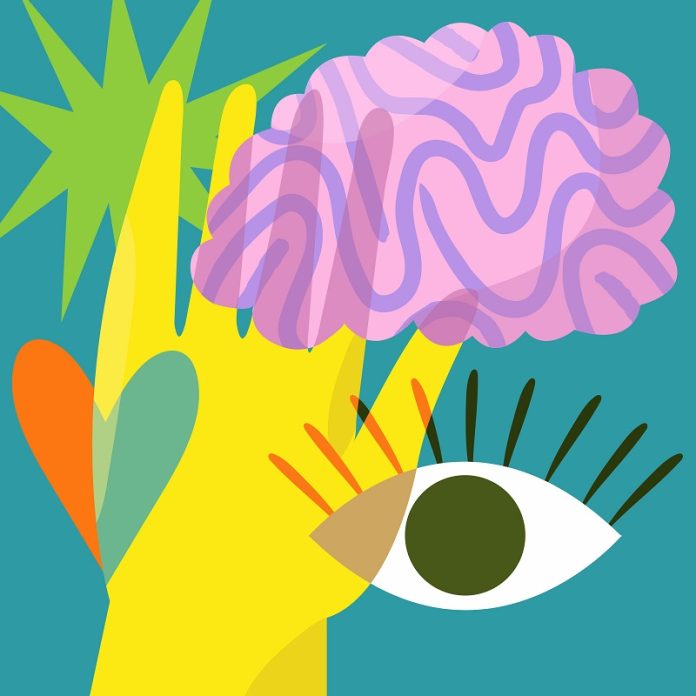
When people hear the word dementia, they usually think of older adults. But dementia can also affect people under the age of 65.
This is known as young-onset dementia or early-onset dementia.
While it is less common than dementia in older adults, it is still a serious condition that can be confusing and upsetting for the person affected and their family.
Understanding the symptoms and causes can help people get the right support sooner.
Young-onset dementia is often misdiagnosed because its symptoms can look like stress, depression, or other mental health issues.
A person might struggle at work, lose interest in hobbies, or have difficulty keeping up with everyday tasks. These changes are sometimes mistaken for burnout or mood disorders, especially if the person is in their 40s or 50s.
One of the earliest signs is changes in personality or behavior. People may become more irritable, withdrawn, or impulsive.
They might make poor decisions or act in ways that are unusual for them. These symptoms can be very different from the typical memory loss people associate with dementia, which is why diagnosis is often delayed.
Memory problems do happen, but they may not be the first or most obvious symptom. Instead, people may have trouble with language, such as finding the right words or following conversations.
They might struggle to plan things, solve problems, or focus on tasks that were once easy.
In some cases, movement problems can also appear. For example, some people with young-onset dementia develop symptoms similar to Parkinson’s disease, such as stiffness or slowed movement. Others might experience vision problems or difficulty judging distances.
There are many possible causes of young-onset dementia. One common cause is Alzheimer’s disease, which affects brain cells and causes them to die over time.
Another cause is frontotemporal dementia, which damages the front and side parts of the brain and often affects personality and behavior first. This type of dementia is more common in younger people than in older adults.
Other causes include vascular dementia, which happens after small strokes that damage brain tissue, and dementia linked to conditions like multiple sclerosis, Huntington’s disease, or alcohol-related brain damage. Sometimes, dementia in younger adults runs in families due to inherited genetic conditions, though this is rare.
Because younger adults are often working, raising children, or managing busy lives, the effects of dementia can be especially disruptive. It can cause job loss, financial strain, and emotional stress. Many people also face misunderstanding from others who don’t expect someone so young to have dementia.
Getting the right diagnosis is important, and it usually involves brain scans, memory tests, blood work, and conversations with doctors about symptoms and medical history. While there is no cure for most types of dementia, early diagnosis can help with planning, support, and treatment to manage symptoms.
Treatments may include medication, therapy, and changes to lifestyle, such as regular exercise, a healthy diet, and staying mentally and socially active. Support groups and counseling can also help families cope with the emotional and practical challenges.
Although young-onset dementia is rare, greater awareness can help people recognize the signs earlier and seek the right help. It’s important to remember that changes in thinking or behavior are not always just stress or aging. If something feels wrong, talking to a doctor can be the first step toward understanding and support.
If you care about brain health, please read studies about how the Mediterranean diet could protect your brain health, and blueberry supplements may prevent cognitive decline.
For more information about brain health, please see recent studies about antioxidants that could help reduce dementia risk, and Coconut oil could help improve cognitive function in Alzheimer’s.



